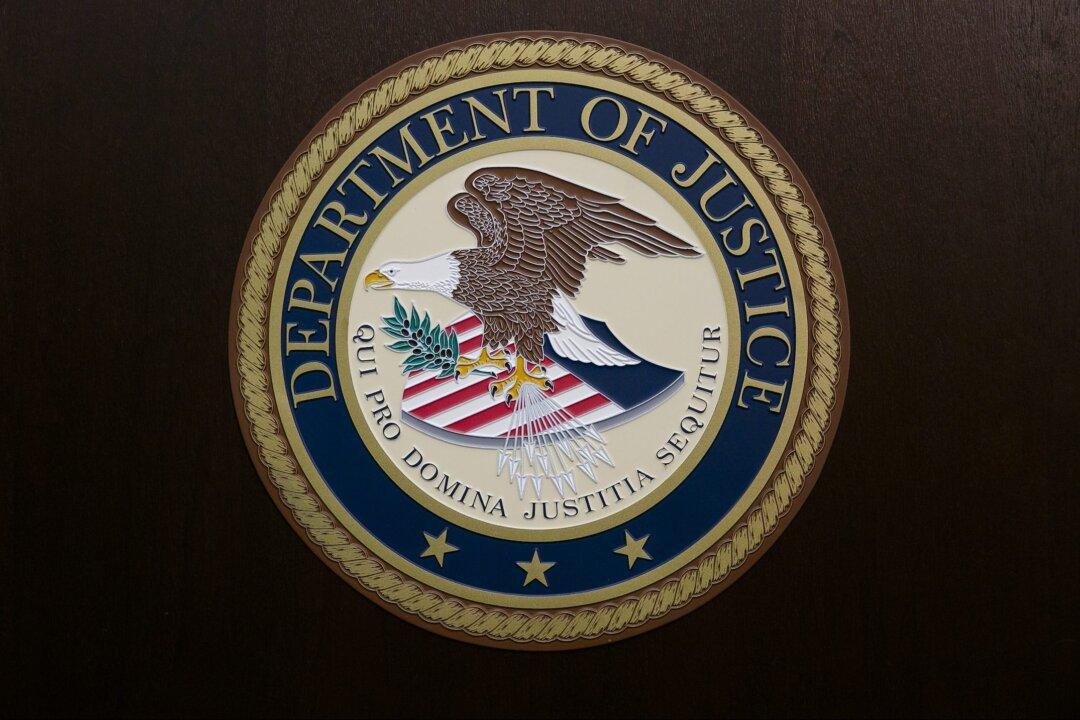The Justice Department (DOJ) has sided with a church against Virginia Gov. Ralph Northam’s stay-at-home order that bars in-person religious services that have more than 10 people during the CCP virus pandemic.
State and local measures to mitigate the spread of the CCP (Chinese Communist Party) virus have recently sparked a debate over how far measures can go to protect public health before they are deemed a violation of constitutional rights and civil liberties.




